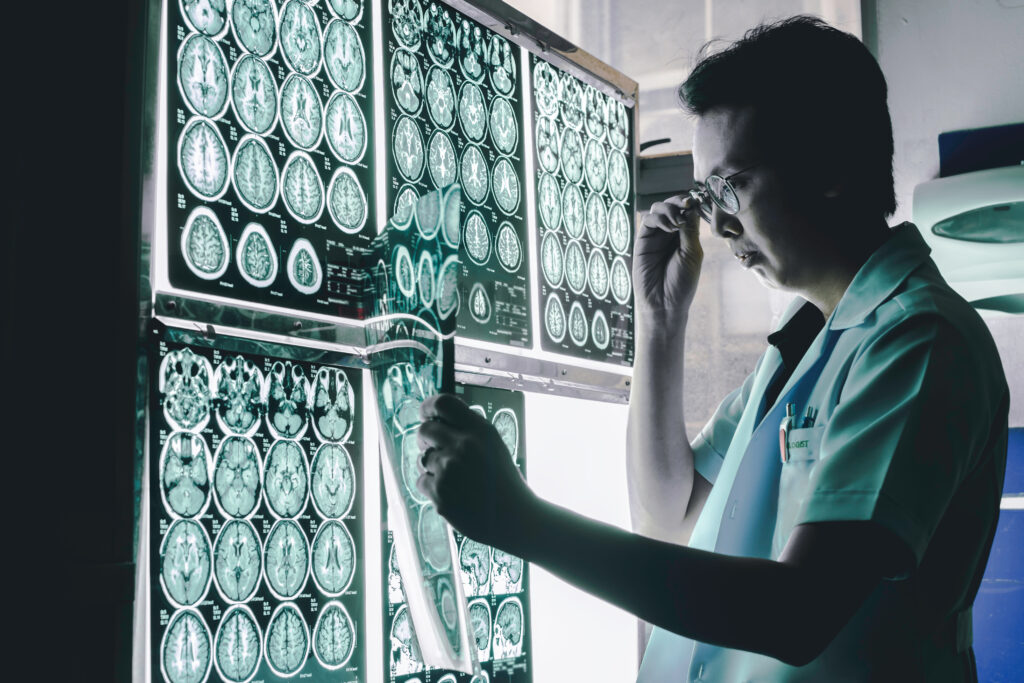Eye exams are becoming increasingly important not just for checking vision, but also for detecting signs of cognitive decline. Recent advancements in technology and research have shown that the eyes can provide valuable insights into brain health, including the risk of dementia.
### The Connection Between Eyes and Brain
The eyes and brain are closely linked. The blood vessels and neural pathways in the retina are similar to those in the brain, making the retina a window into brain health. Unlike the brain, the retina can be easily examined using simple and inexpensive equipment found in most optometrists’ offices. This accessibility makes eye exams a promising tool for early detection of cognitive issues.
### NeurEYE: A Groundbreaking Project
A project called NeurEYE is pioneering the use of retinal imaging to predict dementia risk. Led by the University of Edinburgh and Glasgow Caledonian University, this initiative has collected nearly a million eye scans from opticians across Scotland. Researchers are using artificial intelligence and machine learning to analyze these images, looking for patterns that might indicate a person’s risk of developing dementia.
This technology could revolutionize how we detect cognitive decline. Optometrists will be able to use the developed software as a predictive tool for conditions like Alzheimer’s disease. It can help identify individuals who should be referred to further medical services or monitor signs of cognitive decline over time.
### Benefits Beyond Detection
Early detection of cognitive decline is crucial for several reasons. It can help accelerate the development of new treatments by identifying suitable candidates for clinical trials. Additionally, being aware of one’s risk can encourage lifestyle changes that may reduce the likelihood of cognitive decline. For instance, maintaining a healthy diet and engaging in regular physical activity can help mitigate risk factors.
### The Role of Visual Perception
As we age, our ability to process visual information can decline, which can be exacerbated by eye diseases like cataracts or glaucoma. Changes in the brain due to dementia can also affect how we interpret visual information, leading to confusion or unusual behaviors. Regular eye exams can help identify these changes early on, providing valuable insights into cognitive health.
### Conclusion
Eye exams are no longer just about checking your vision; they are becoming a vital tool in the fight against cognitive decline. By leveraging technology and collaboration between healthcare professionals, we can improve early detection and management of conditions like dementia. This not only benefits individuals but also contributes to a broader understanding of brain health, paving the way for more effective treatments and interventions in the future.



